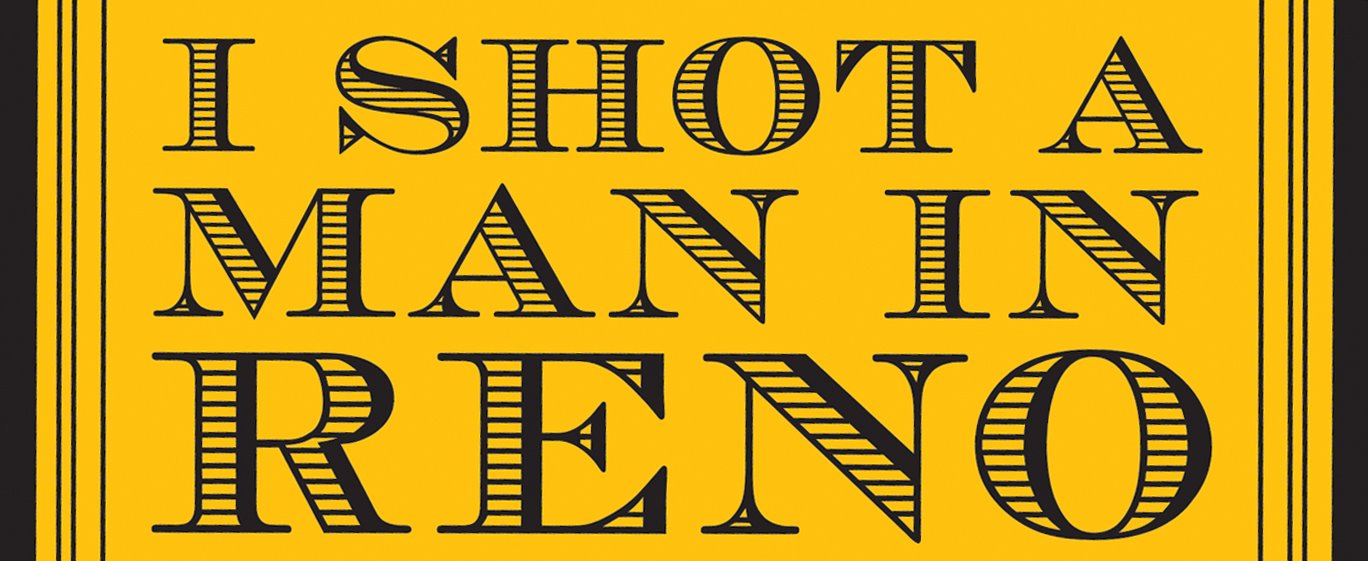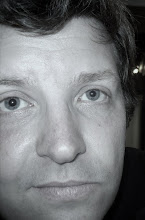
“Love That Kills”, “I’ll Meet You In Heaven Again” – those two definitely. “Spirit”, perhaps, this idea that the soul continues to live after the body’s death. I find it impossible to think about death without also thinking about the continuation of the soul. All the death songs that I’ve covered, like “Death Is Not The End”, “Soon As I Get Home”, “Meet Me At the Station”, they all have this quality, they all talk about what happens afterwards.
Is the purpose to provide comfort to the listener?
Comfort is one of their purposes, I suppose, although that’s never been the turn on for me. I remember when I first heard “Soon As I Get Home” on the original record by Thomas Whitfield and his congregation it had a profound effect on me – it touched me in a very deep place, and I think that place is the part of me that does live on after death; the song touches that eternal part. That’s the power of it. It’s a much bigger thing than comfort, these songs impact more directly and more powerfully than that. They are like confirmation, because they touch the part of me that knows there is continuation after death. It’s not a question any more. You see, I have a disagreement with the common concept of death. I’ve always felt, since I was a little boy, that in the words of Dylan, death is not the end. And so all my songs that deal with death or the songs I cover all focus on this idea. That’s what it’s about for me. It’s a battle of ideas. I disagree with the idea that death is 'the final curtain' and all that bollocks. I don’t believe it, and I sing songs that contest that idea. And I enjoy doing it, putting those songs into people’s mind and knowing that they have to think about it, that I’m presenting an idea that may be counter to the one that they hold.
When did this belief start impacting upon your writing?
The first time I ever became conscious that that was what I was interested in was when I found the song “Meet Me At The Station” on an ancient gospel record. I rearranged it, wrote some new lyrics, because I believed this idea that there was a continuation. My cover of Dylan’s “Death Is Not The End” precedes that, but that was more just because I liked the song. With “Meet Me At the Station” something else came into play, this almost crusading thing: I’m going to fight this lie with these songs.
“I’ll Meet You In Heaven Again” seems like a continuation on that theme.
Yes, it was influenced by the gospel songs I was listening to; it’s very close, thematically, to “Meet Me At The Station”. It’s my development of that idea into my own song.
“I’ve Lived Here Before”, meanwhile, is a reincarnation song. Are you a firm believer?
I don’t know! Nobody has disproved it, and I’ve had odd recognitions of places that I can’t explain, which is behind the song. I would subscribe to it, but I don’t specifically remember any past lives. I’m not going to tell you I was the Queen of Sheba or anything. It’s just a feeling I get in specific places, the West of Ireland mostly. Feeling familiar with a place you’ve never been before.
The other song you mention, “Love That Kills”, seems to me a more complex song.
It was written several years earlier and it’s a song I haven’t thought about for a long time. The company didn’t like it. It was one of the casualties of my deliberations with Nigel Grainge at Ensign records: with “Red Army Blues” I won; with “Love That Kills”, I lost. He didn’t like either of them, or “Old England”! It’s amazing isn’t it? With “Love That Kills” I was reading a lot of esoteric literature, it was my first awakening of that. I’d been thinking about these concepts for a long time: who are we, why are we here, what is life all about? And then in 1983 I discovered there were lots of non-Christian books written about this very topic. This was a great awakening for me. People like Dion Fortune. “Love That Kills” came out of that. I was at my mother’s house in Ayr when I wrote it on the piano, and it was just my thoughts on death being a love that kills, not a bad thing.
Who does death well? I know you’re a big Dylan fan….
I find it so hard to listen to his records because of the worldview. I love his records, I love the sound of them and the playing, but I just can’t deal with his worldview on his latest record [Modern Times]. I listened to it once and I can’t listen to it again. I find it such a dry…. I feel shrivelled after listening to it. I can’t go there with ya Bob! The great one is Brel’s “My Death”, which Bowie did a magnificent cover of. That’s a wonderful song – it’s an old heaven or hell thing. It deals with the increasing knowledge that our time is short. Of course, “Seasons in the Sun” is from a Jacques Brel song, but the Terry Jacks version is a very mawkish rewriting. The Fortunes did a version 6 years before – they had a near-hit. I know because my Mum bought the record and I’ve still got it! It was a much better lyrical translation, much less mawkish.
Should popular music be dealing with these big themes?
Popular music is a broad church. There are very serious artists, and some not so, there is space for everything. It depends what you do with it. If it’s purely observational, if you’re just placing it there for all to see, then I think that’s OK. But if you make it sexy or get off on it or glamourise it then I don’t think that’s OK. Music has an influence and an affect, just like books and films. My life has been changed by music, it happens all the time.
Have you ever written a song specifically about someone who has died?
No, I don’t think I have. People always think “Is She Conscious?” is about Princess Diana, and there are elements of that, but it’s not only about that. The last few lines lead us very graphically to that Princess Diana conclusion, but it’s not about death at all, it isn’t to do with ‘is she conscious after death?’ or anything like that. It’s more like, what on earth was her consciousness like when she was alive and going through the things she did? What is it like to be her or someone like that?
So you’ve not been moved to commemorate somebody in song?
It could happen at any time, but I’m a funny case. I believe our human identities are only a small part of who we are. I believe that we are eternal beings; we come to earth and we have this human, physical, five sense experience, but it’s only a phase of who we really are. The idea of, ‘God, if only I’d said this to someone’ doesn’t affect me. Here’s the thing. My aunt Edna died recently. She was an English lady of a particular generation, a young person during WWII. I always felt that there was a certain chilliness between her and me, because I was the product of very different times and I had a much freer way of looking at things. We got on OK but there was this chilliness. Well, she died quite recently, and I remember thinking a lot about her as she died, and shortly afterwards every time I thought of her this chilliness was gone. I think she had shifted her focus from the limited perspective she had as an incarnate human being due to the times and circumstances she was born in, and she has returned to the wholeness of who she is. She has discarded those limitations. And now when I think of her, my thoughts travel to her and do not meet a barrier, they meet openness. I believe that when we die we meet each other without the restrictions placed upon us by our human guises and our own misconceptions
That’s a tricky thing to capture in a song!
It’s in “I’ll Meet You In Heaven Again”: ‘All the secrets we keep, all the words we don’t speak/Things that are hard to say between two men/Like the meeting of two rivers all will be delivered/When I meet you in heaven again.’ I caught it in that verse. And I knew it!




3 comments:
Thank you so much for this - a truly absorbing interview that sheds new light on the Waterboys amazing music.
Jenny
Way nice read. Thanks. However, there's no way you can talk about Mike Scott and death without mentioning his song titled
"Everlasting Arms" of his solo album Still Burning
It's the song I want sang at my funeral!!!!!!!!
Hi birdrunner,
"Everlasting Arms" is a beautiful song, agreed. Interestingly, it's not one Mike himself mentioned in our conversation... I always heard it more as a declaration of love than a song about death.
Lovely song for a funeral!
Post a Comment